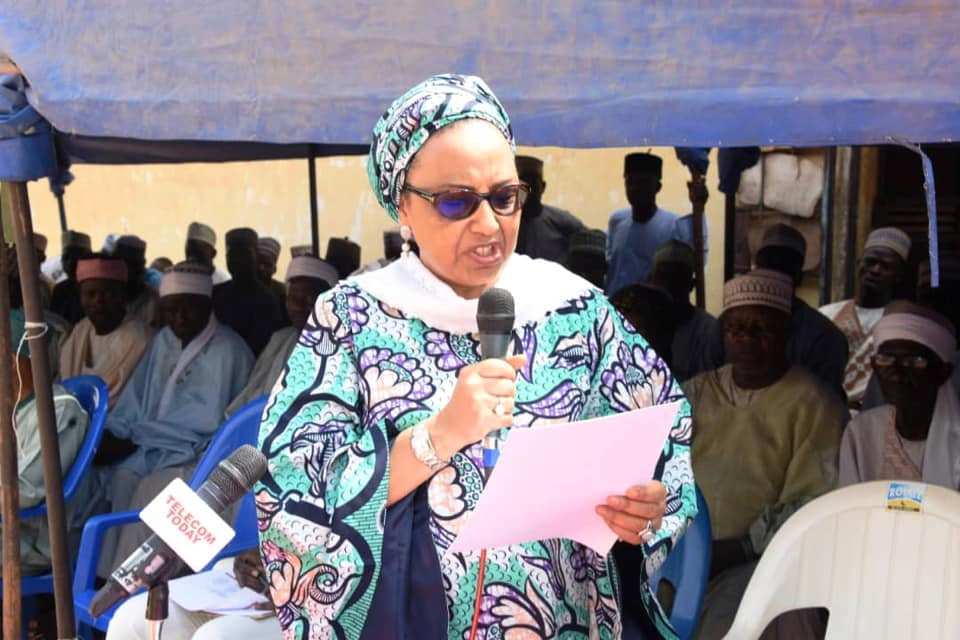Worried about the increasing dangers to health of counterfeit mobile devices, particularly mobile handsets, Nigerian Communications Commission (NCC) has taken the gospel against fake handsets to the grassroots.; The telecoms regulator recently held a sensitization and knowledge-sharing programme in Paiko, near Minna, Niger State, on the how mobile handsets that are not type-approved by the NCC could impact negatively on the health of consumers.
By law, all telecommunication equipment including mobile handsets must be type-approved by the NCC to ensure they comply with safety regulations and meet the technical standard for good quality of service on telecom networks.
But Nigeria’s porous borders and largely open market has meant a large presence of fake mobile devices to make the country one of the largest hubs for counterfeit phones.
But the NCC has continued to employ ways of checkmating the problems including the sensitization of telecom consumers.
According to the Executive Vice Chairman and Chief Executive Officer of the NCC, Prof. Umar Danbatta, besides the negative implication on the quality of service available to the user of non-type approved and substandard handsets or other mobile devices, using uncertified handsets is hazardous and poses threat to successful management of electronic wastes.
“Fake handsets are a danger to human health and to delivery of quality of service,” said, Director Zonal Operations, Mrs. Amina Shehu, who represented Danbatta.
“Apart from the risk posed to humans by counterfeited and substandard mobile devices, fake handsets and other devices have implications for the quality of consumer experience and it damages the integrity of the networks, and also threatens both the security and economy of the nation,” said the NCC’s boss.
The event drew large audience from the Paiko community led by the District Head of Paiko, Alhaji Mansur Baba Mustapha, who thanked the NCC for hosting the programme at Paiko and notably in his palace. .
Danbatta called on the participants at the programme to be mindful of the types of phones they use in order to minimize the risks of radiation and other negative consequences associated with counterfeit and substandard mobile devices.
Shehu told the audience that NCC was working collaboratively with Consumer Protection Council (CPC), Standards Organization of Nigeria (SON), and other agencies charged with the duty of protecting the environment as well as those in the security services charged with addressing the menace of importation and sale of non- type approved handsets in the country.
The Paiko sensitization workshop held just two days after the NCC organized a Public Inquiry on Draft Guidelines for Disaster Recovery and Draft Regulations on E- Waste held at its Abuja’s head office in continuation of the regulator’s search for solutions to address fake phone menace, ewaste challenges, all of which could undermine conusmers’ best experience of quality telecoms services .
According to. Danbatta, electronic waste constitutes the fastest- growing waste stream in the world and because that genre of waste is non- biodegradable, it was time stakeholders took concrete implementable actions to arrest the proliferation of electronic waste in Nigeria.

































